100% Ultimate Diet Plan for Your Boxer Pitbull: A Comprehensive Guide
Boxer Pitbulls, or as some affectionately call them, “Boxerbulls”, are a hybrid breed that combines the strength, energy, and loyalty of both Boxers and Pitbulls. These dogs are known for their muscular build, high energy levels, and playful personalities. As a proud owner of a Boxer Pitbull, I’ve learned firsthand that feeding this powerful breed the right diet is crucial for their overall health and well-being.
In this article, we’ll dive deep into creating the ultimate diet plan for your Boxer Pitbull, including nutritional needs, portion control, feeding schedules, and real-life tips from my own experience. Whether you’re a seasoned dog owner or new to the breed, this guide will provide you with everything you need to ensure your Boxer Pitbull thrives.
Why Is a Proper Diet Important for a Boxer Pitbull?
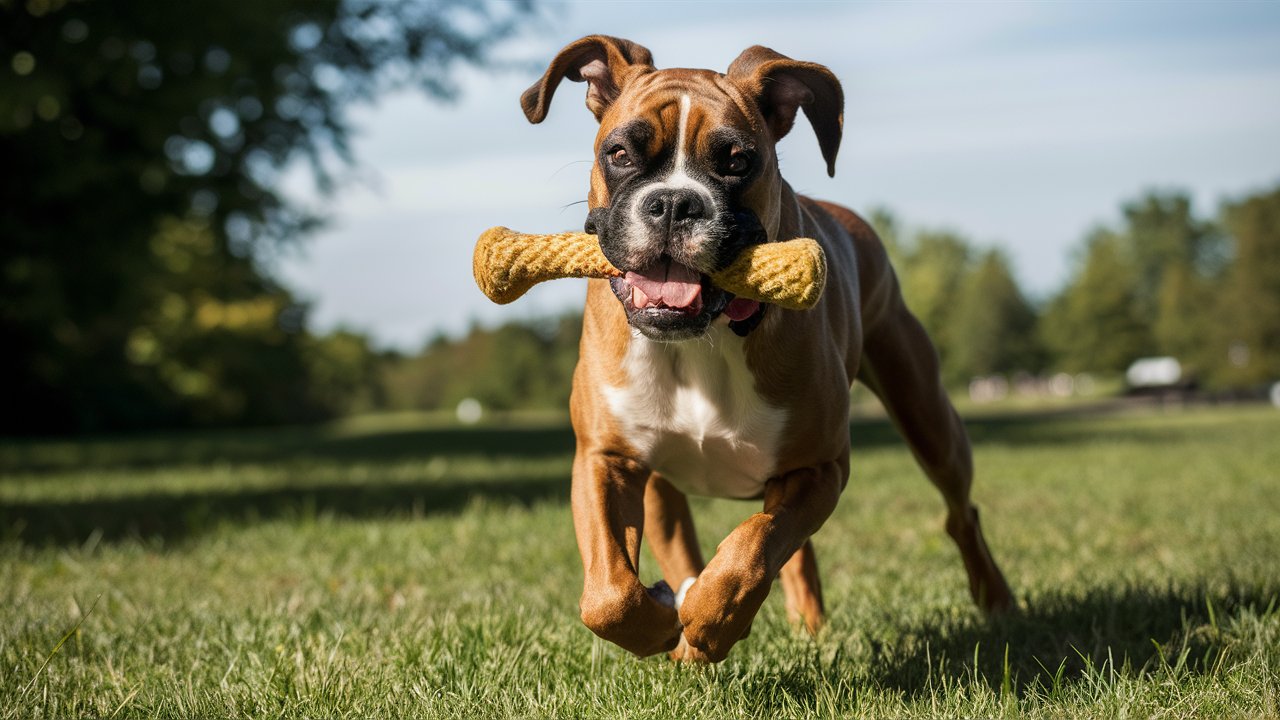
Before we jump into the specifics, it’s essential to understand why a balanced diet is crucial for a Boxer Pitbull. This breed is a high-energy dog with a muscular frame, meaning they burn a lot of calories during their daily activities. A poor diet can lead to various health issues such as obesity, digestive problems, and even heart disease.
From my own experience, I noticed that when my Boxer Pitbull, Max, wasn’t getting the right nutrients, he became sluggish and his coat lost its usual shine. After adjusting his diet, his energy levels skyrocketed, and he became the playful dog I knew him to be.
Let’s break down the key components of a proper diet for your Boxer Pitbull.
1. Protein: The Building Block for Muscle and Energy
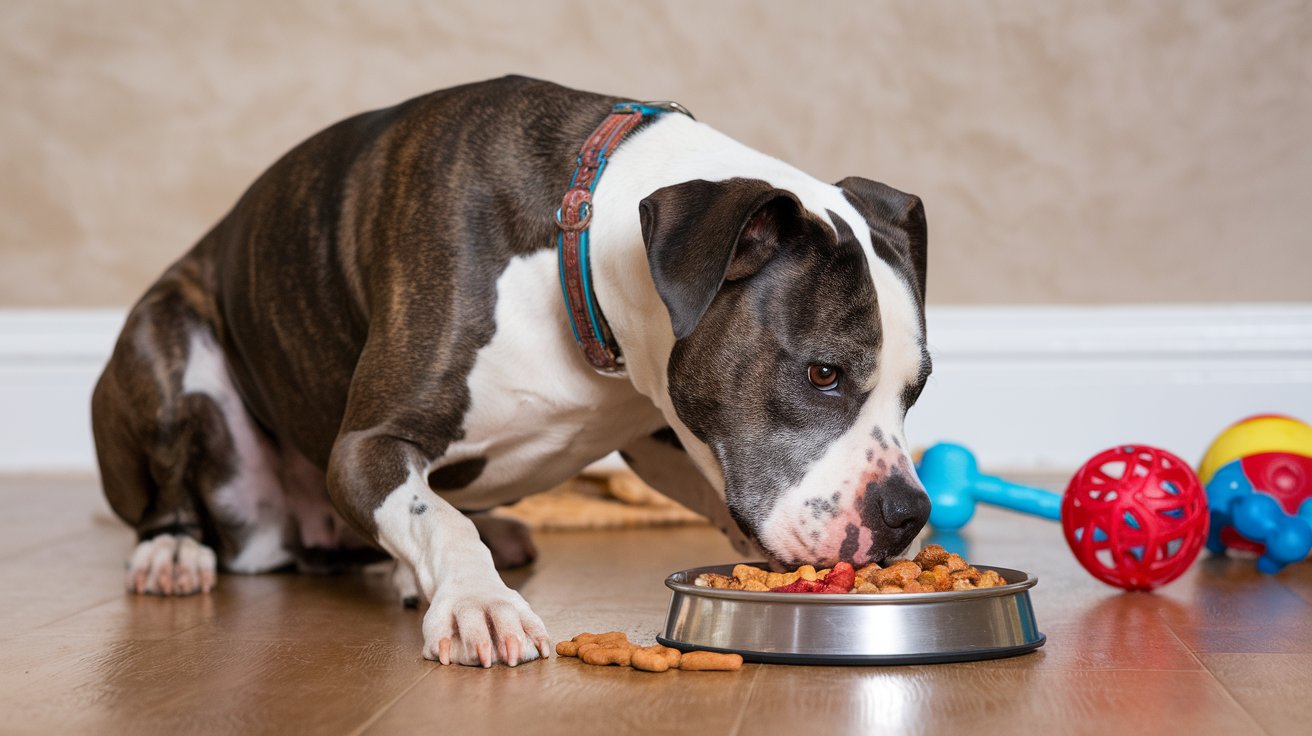
Since Boxer Pitbulls are highly active dogs with a naturally muscular physique, protein is a cornerstone of their diet. Protein provides the amino acids necessary for building and repairing muscles, which is especially important for such an active breed.
Sources of High-Quality Protein:
- Chicken: A lean and easily digestible protein.
- Beef: Rich in protein and healthy fats.
- Turkey: An excellent option for dogs with sensitivities to chicken.
- Fish: Rich in omega-3 fatty acids, which promote healthy skin and a shiny coat.
- Eggs: A great source of digestible protein and healthy fats.
When I first adopted Max, I started him on a commercial kibble diet, but I quickly realized it wasn’t providing him with enough protein. After consulting with a vet, I switched to a raw food diet, incorporating high-quality proteins like chicken and beef. The difference was remarkable—his energy levels increased, and he became more active during playtime.
2. Fats: Essential for Energy and Healthy Skin
Fats are often misunderstood when it comes to dog nutrition. However, for active breeds like the Boxer Pitbull, healthy fats are essential for maintaining energy levels, a shiny coat, and brain function.
Healthy Fats to Include:
- Fish Oil: Rich in omega-3 fatty acids that promote joint health and improve the coat.
- Chicken Fat: A natural source of energy that’s also great for skin and coat health.
- Coconut Oil: Helps with digestion and boosts energy levels.
- Flaxseed Oil: Another excellent source of omega-3 and omega-6 fatty acids.
One thing I’ve noticed with Max is that his coat started to become dull when he wasn’t getting enough fat in his diet. Adding a small amount of fish oil and coconut oil to his meals made his coat glossier and healthier, and it also improved his digestion.
3. Carbohydrates: Fuel for Energy
While protein and fat are vital for your Boxer Pitbull, carbohydrates are also important to maintain energy levels. However, it’s crucial to opt for complex carbohydrates rather than simple sugars, as these provide a slow-release form of energy that can help your dog stay active throughout the day.
Great Sources of Carbohydrates:
- Sweet Potatoes: Packed with fiber and vitamins.
- Brown Rice: A good source of digestible fiber and energy.
- Oatmeal: Easy on the stomach and provides sustained energy.
- Quinoa: A high-protein grain that provides essential amino acids.
When I included sweet potatoes and brown rice in Max’s meals, I noticed that he didn’t tire as easily during our daily walks. His stamina increased, and he seemed much more energetic throughout the day.
4. Vitamins and Minerals: The Unsung Heroes
Vitamins and minerals are often overlooked in dog diets, but they play a crucial role in supporting immune function, bone health, and overall well-being.
Essential Vitamins and Minerals:
- Calcium and Phosphorus: For strong bones and teeth.
- Vitamin A: Promotes eye health and a healthy immune system.
- Vitamin E: Acts as an antioxidant and supports healthy skin.
- Zinc: Helps with skin health and boosts the immune system.
Commercial dog foods often come fortified with these nutrients, but if you’re preparing meals at home, make sure to include foods like leafy greens, carrots, and berries to cover the vitamin and mineral spectrum. When Max started eating a diet rich in leafy greens, his immune system became stronger, and I noticed fewer visits to the vet for minor ailments.
5. Hydration: Don’t Forget the Water!
Hydration is just as important as the food you provide for your Boxer Pitbull. Since this breed is highly active, they can lose a lot of water through panting and exercise. Always ensure that your dog has access to fresh, clean water.
One trick I learned with Max was to include broth (low-sodium) in his meals, especially after long play sessions. Not only did this ensure he was getting enough hydration, but it also made his meals more palatable.
Sample Diet Plan for a Boxer Pitbull
Here’s a sample daily diet plan that combines all the essential nutrients mentioned above:
Breakfast:
- 1 cup of cooked lean chicken or turkey
- ½ cup of brown rice or quinoa
- 1 tablespoon of fish oil or coconut oil
- A handful of chopped spinach or kale
Lunch:
- 1 cup of lean beef or fish (salmon or sardines)
- ½ cup of sweet potato or oatmeal
- 1 boiled egg
Dinner:
- 1 cup of cooked turkey or chicken
- ½ cup of brown rice
- 1 tablespoon of flaxseed oil
- 1 handful of chopped carrots or green beans
Snacks:
- Blueberries or apple slices (without seeds)
- Small amounts of peanut butter (xylitol-free) in a Kong toy
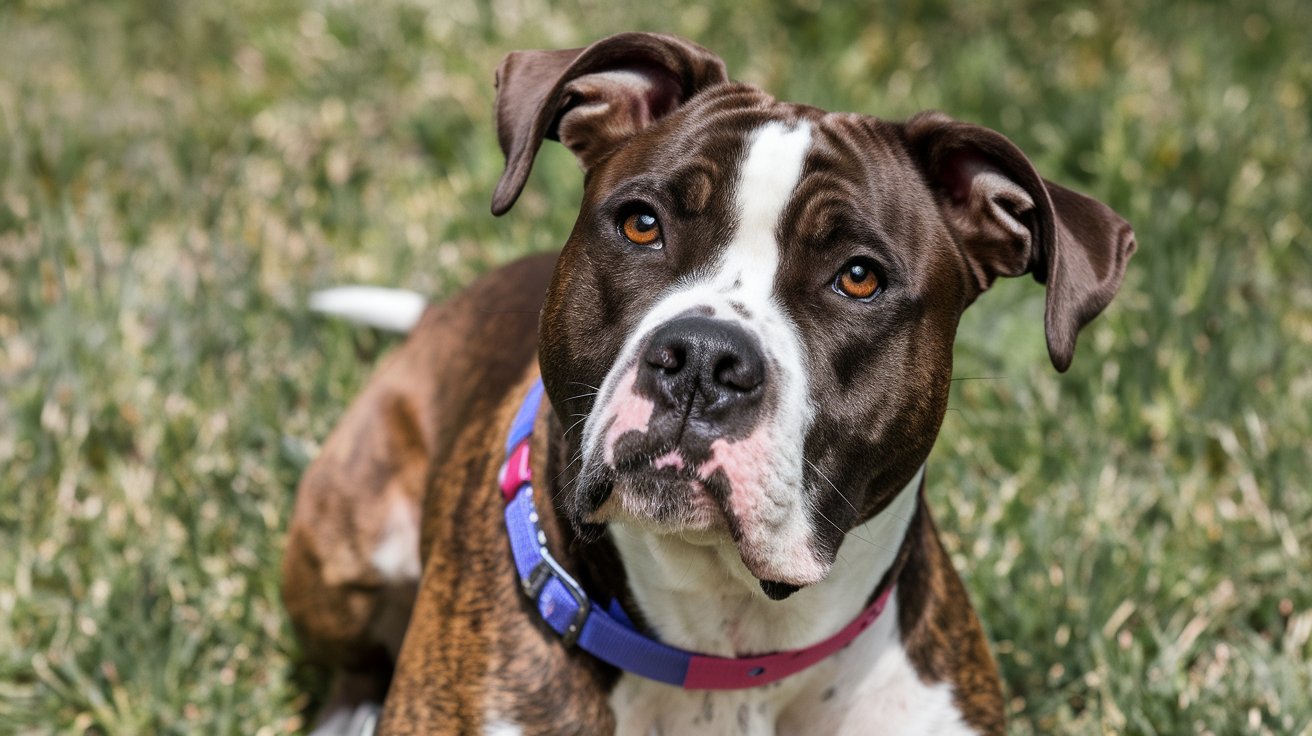
Final Thoughts
Feeding your Boxer Pitbull the right diet is essential for ensuring they lead a long, healthy, and active life. Through my own experience with Max, I’ve learned that every dog is different, and you may need to make adjustments depending on your dog’s activity level, age, and specific needs. Always consult with your veterinarian before making significant changes to your dog’s diet.
Remember, a well-fed Boxer Pitbull is a happy Boxer Pitbull! With a balanced diet rich in protein, healthy fats, carbohydrates, and essential vitamins, your dog will not only look great but feel great too. And as every proud Boxer Pitbull owner knows, their energy and enthusiasm for life make them truly special companions.
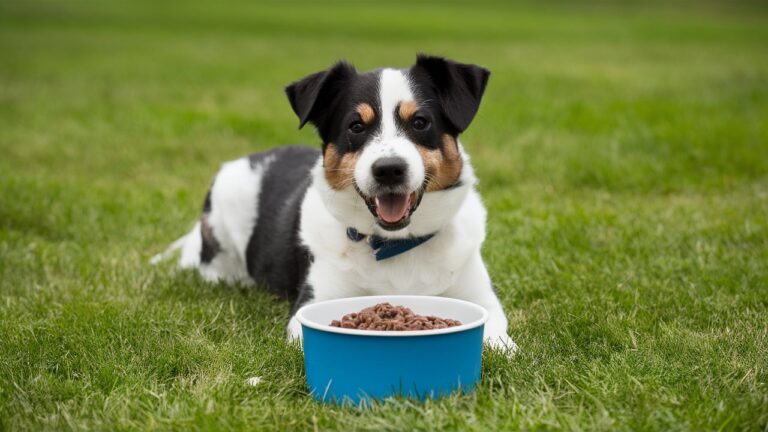

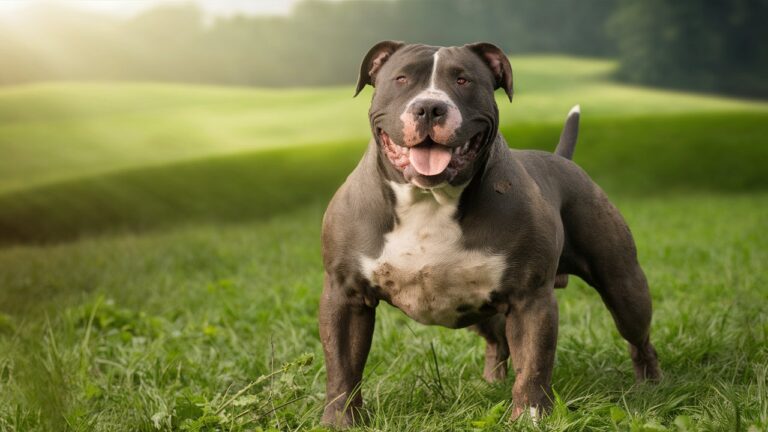
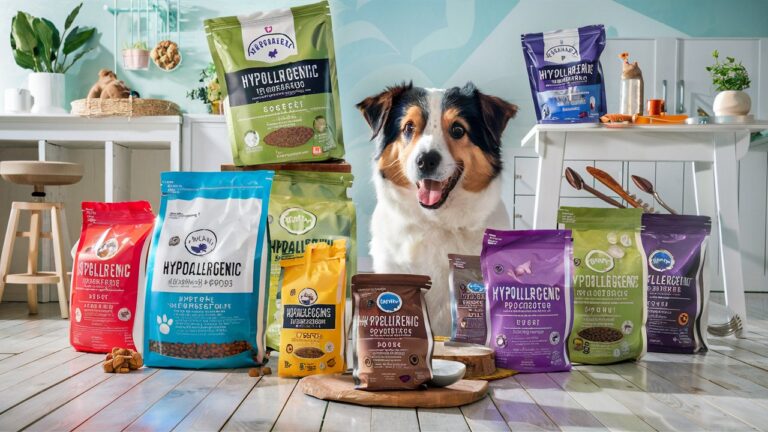
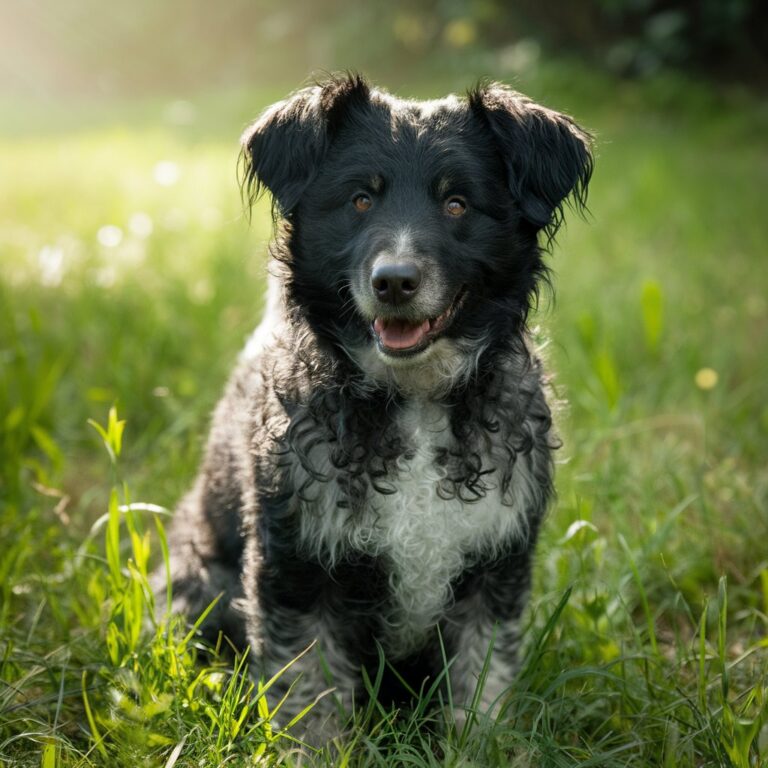
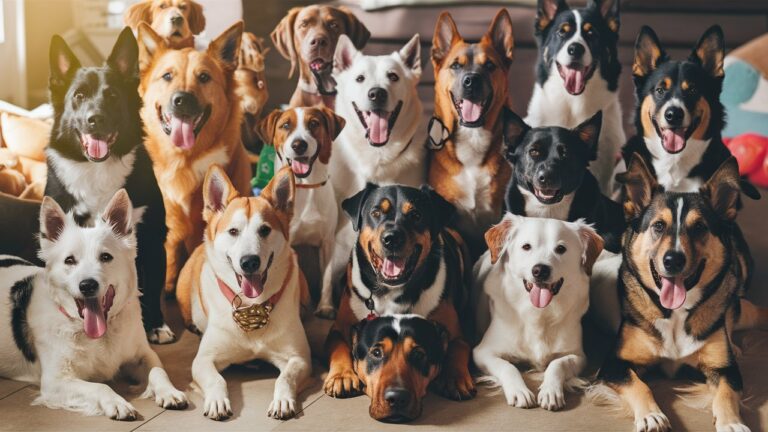
Your point of view caught my eye and was very interesting. Thanks. I have a question for you.
Thank you for the kind words! Feel free to ask your question—I’m here to help!